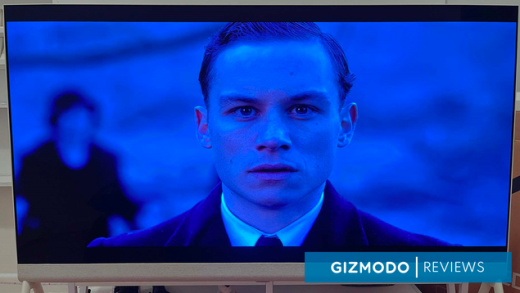Artificial intelligence has been a hot topic with the advent of programs like ChatGPT and Midjourney, and brands are (unfortunately) getting in on it. This week, the iconic denim company Levi’s announced its partnership with AI studio Lalaland.ai, which creates AI-generated fashion models. Levi’s plans on testing the use of these models to “supplement human models, increasing the number and diversity of our models for our products in a sustainable way,” it announced in a press release.
Lalaland.ai apparently generates “hyper-realistic” models of varying body types, ages, and skin tones. According to its website, companies Calvin Klein and Tommy Hilfiger have also worked with the studio.
The internet is not ours anymore
“While AI will likely never fully replace human models for us, we are excited for the potential capabilities this may afford us for the consumer experience,” said Dr. Amy Gershkoff Bolles, an executive focused on emerging tech at Levi Strauss, in the presser.
This time last year, Levi Strauss laid off 700 employees, or 15 percent of its workforce, amidst restructuring at the company. According to USA Today, the cuts allowed the company to save $100 million a year.
Levi’s also claimed in the announcement that its diversity efforts will go beyond using AI models, noting that it’s focusing on working with content creators in front and behind the camera who are “reflective of [their] broad consumer base.” It’s unclear, however, how this initiative coalesces with the use of fake models instead of paying real models, make-up artists, and photography staff.
The company’s desire to move towards AI-generated models is emblematic of other industry attempts to replace real people with AI. In August of last year, Capitol Records signed, and then subsequently fired, AI rapper FN Meka. The virtual rapper was terminated amidst calls that the character promoted “gross stereotypes” of Black culture.








